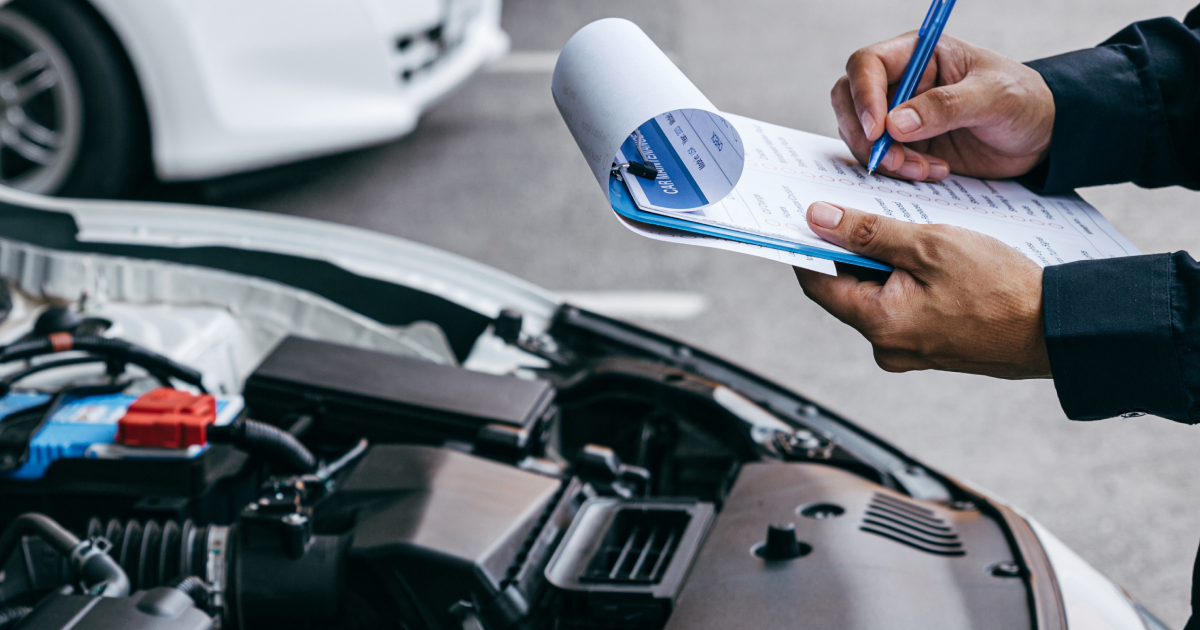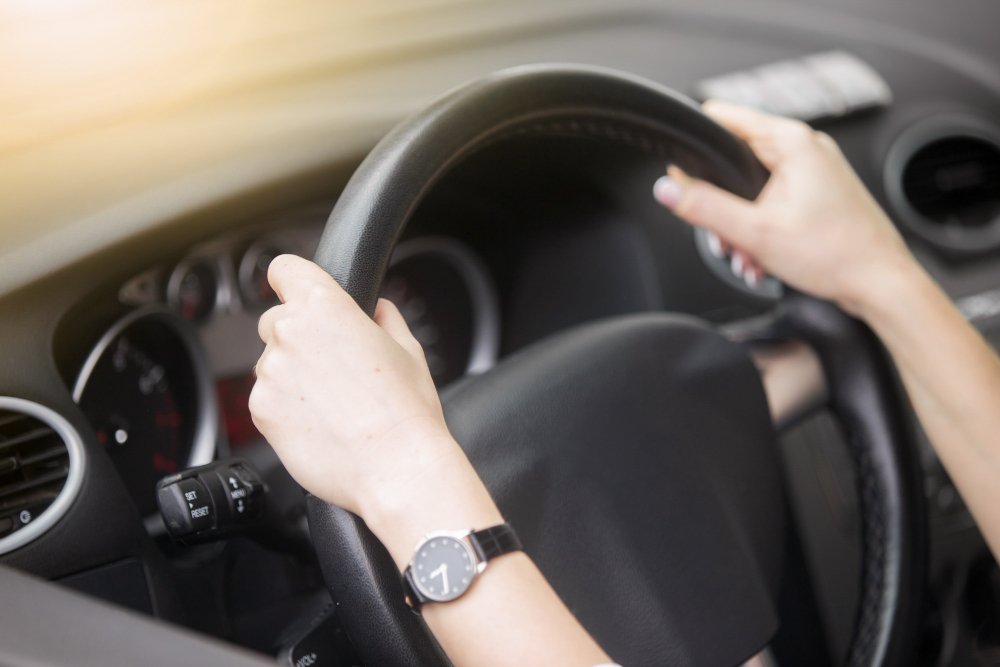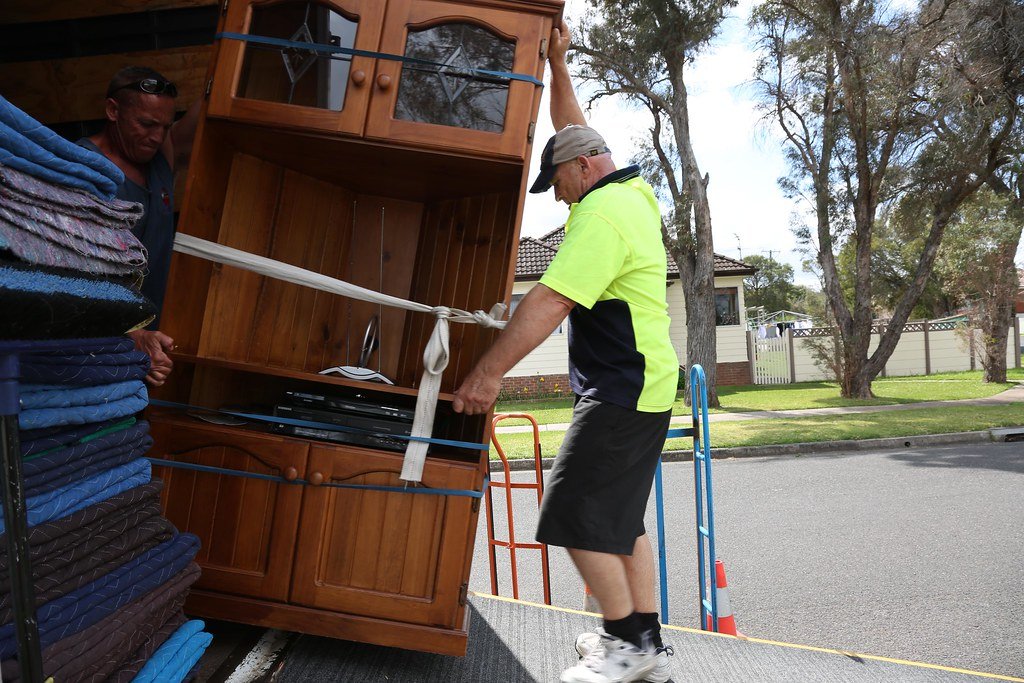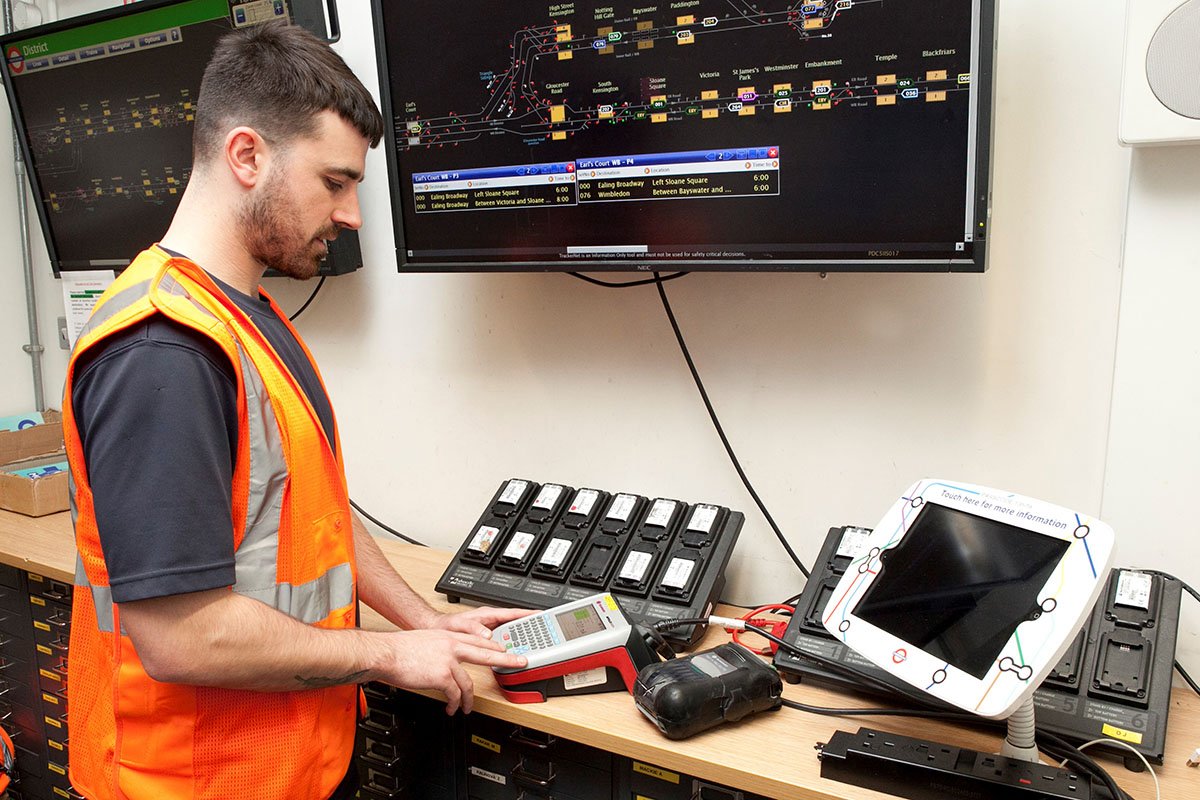Owning a vintage car is more than just having a vehicle — it’s an experience, a piece of history, and often a lifelong passion. From the craftsmanship of the bodywork to the nostalgic sound of the engine, classic and vintage cars hold a unique charm that modern vehicles can’t replicate. However, buying one isn’t as simple as paying the seller and driving away. Because of their age, rarity, and restoration variations, vintage cars require a pre-purchase vehicle inspection certificate to verify their condition and authenticity.
Beyond giving buyers confidence, this inspection certificate plays a crucial role in insurance and registration processes, helping protect both the car’s value and the owner’s investment.
Understanding the Pre-Purchase Vehicle Inspection for Vintage Cars
A pre-purchase vehicle inspection (PPI) is a comprehensive evaluation of a car’s mechanical, structural, and cosmetic condition conducted by a qualified specialist before purchase. For vintage cars, it goes far beyond a basic mechanical check — it involves verifying originality, restoration quality, and overall roadworthiness.
The inspector assesses every part of the car, including:
- Chassis and frame integrity
- Engine and transmission performance
- Suspension, brakes, and steering
- Paintwork, interior condition, and authenticity of parts
- Electrical systems and safety features
Why Inspection Certificates Are Crucial for Vintage Cars
Unlike new vehicles, vintage cars vary drastically in condition depending on how they were maintained or restored. Two models from the same year can differ widely in value based on originality, mileage, and restoration quality.
An inspection certificate provides a neutral, professional assessment that protects both the buyer and the seller. It prevents future disputes and establishes transparency.
But most importantly, this certificate becomes an essential document for insurance and registration, both of which depend heavily on accurate vehicle information.
How the Certificate Supports Insurance for Vintage Cars
Vintage and classic cars don’t fall under standard insurance categories. Their value doesn’t decrease over time like modern cars — in fact, many appreciate. Because of this, insurers rely on independent documentation to determine coverage.
A pre-purchase inspection certificate helps in several ways:
Accurate Valuation for Insurance Coverage
Insurance companies need to know the car’s true value before issuing a policy. The inspection certificate provides a detailed breakdown of its condition, originality, and any restoration work performed.
This allows insurers to determine whether to offer an agreed value policy (a fixed payout amount based on appraised value) or a stated value policy (coverage based on declared worth). Without the certificate, the insurer might undervalue the car or refuse coverage altogether.
Verification of Authenticity
The certificate helps verify the authenticity of the vintage car, including original chassis numbers, matching engine codes, and model specifications. This is particularly important for collectable cars, as counterfeit or misrepresented vehicles can lead to insurance complications or even policy cancellations.
Evidence of Roadworthiness and Safety
Insurers also need assurance that the car is safe to drive. The inspection confirms whether essential systems such as brakes, suspension, and lights are in working order. Even if the vehicle is intended for display rather than regular use, this documentation proves that the car meets safety standards — an important factor for liability and storage insurance.
Prevention of Fraud and Misrepresentation
Unfortunately, the vintage car market is not immune to fraud. Some sellers may conceal structural issues, non-original parts, or accident damage. A certified inspection prevents such risks by offering third-party validation, which insurers use as a trusted reference before approving or renewing policies.
The Role of Inspection Certificates in Registration
For classic and vintage vehicles, registration often involves more than just paperwork. Many local authorities require verification of vehicle authenticity, identity, and safety compliance before assigning registration numbers — especially for imported or restored vehicles.
Proof of Vehicle Identity
When registering a vintage car, authorities often check its VIN (Vehicle Identification Number), engine number, and chassis markings. Over time, these details may fade or be altered during restoration. The inspection certificate confirms the car’s identity and verifies that it matches manufacturer records, preventing registration under false information.
Support for Historic or Classic Status Registration
Many regions offer special registration categories for classic or historic vehicles, which come with lower fees or limited road-use conditions. To qualify, owners must prove the car’s authenticity and age. An inspection certificate serves as supporting evidence, making the process smoother and more credible.
Verification for Imported Vintage Cars
If the vehicle was imported from another country, registration authorities may request proof of condition and compliance with local standards. The inspection report assures them that the car meets road safety and environmental regulations, even if it’s decades old.
Avoiding Legal and Ownership Disputes
Without proper verification, ownership disputes can arise, especially if past documentation is incomplete. The inspection certificate serves as an official record that validates the car’s details at the time of purchase, reducing the risk of future legal complications.
Final Thoughts:
Buying a vintage car is a passion-driven decision, but it’s also a financial investment that requires protection. A pre-purchase vehicle inspection certificate and Vehicle Engineers Report not only safeguard your purchase but also streamline the crucial processes of insurance and registration.
It ensures your car’s authenticity, confirms its safety, and helps determine its true market value — giving both insurers and authorities confidence in your ownership. For any classic car enthusiast, this certificate is not just paperwork — it’s the foundation of trust, value, and long-term peace of mind.
For More Blogs: Zynrewards




Leave a Reply